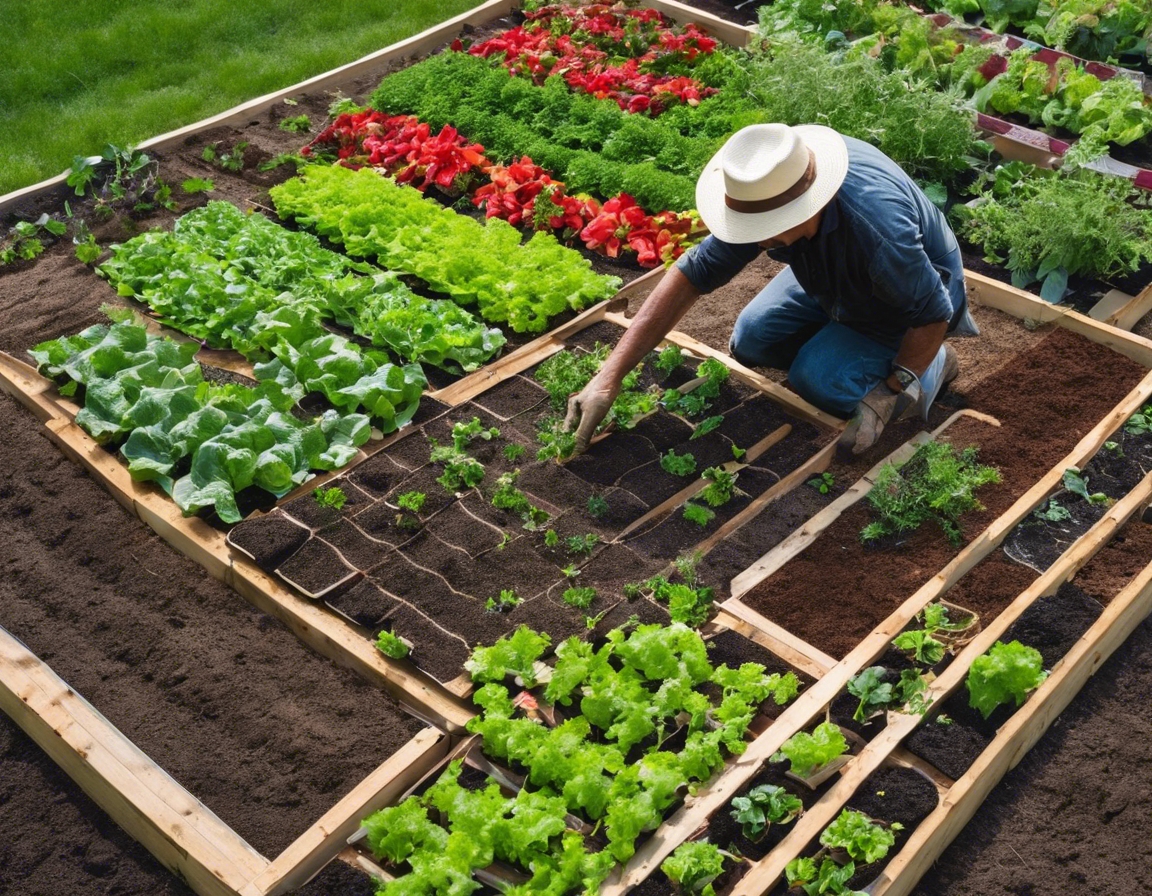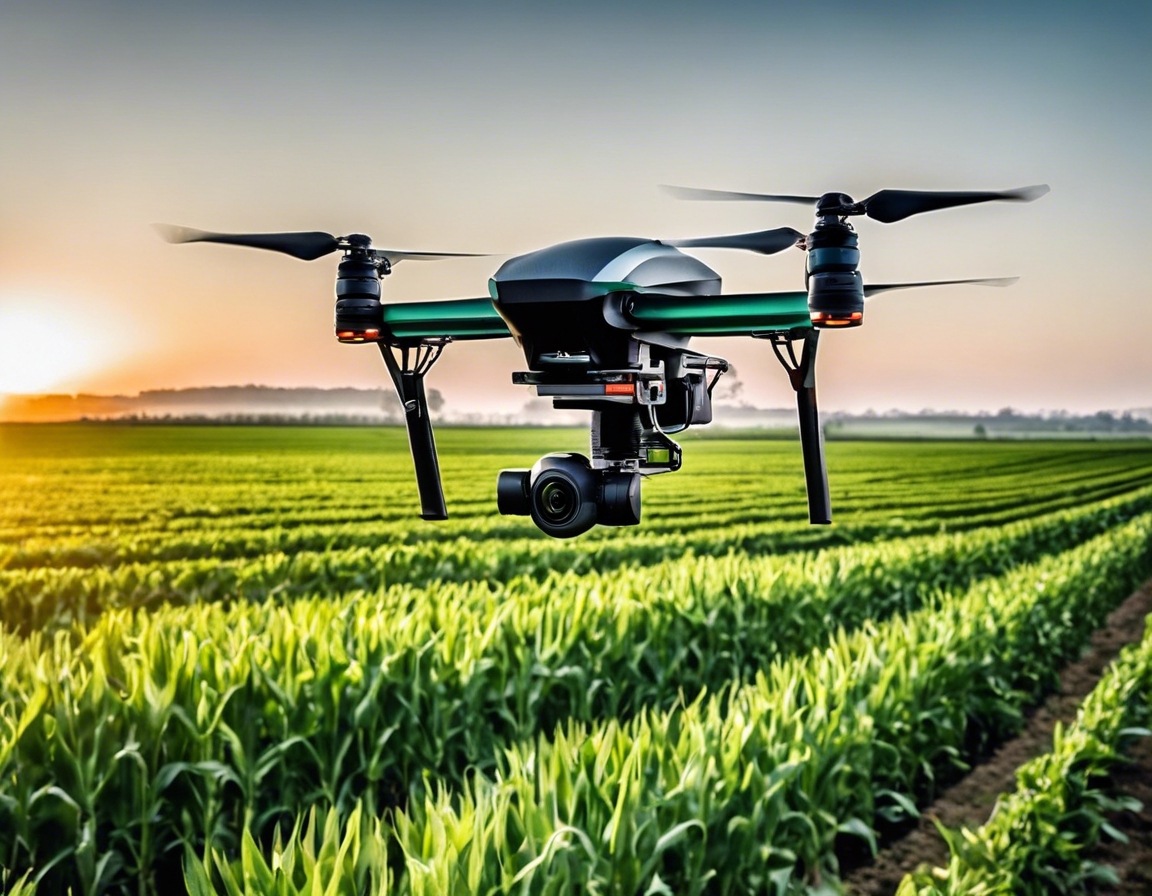Maximizing crop yields with sustainable techniques
Sustainable agriculture is a method of farming that focuses on producing food, fiber, and other plant or animal products in a way that is environmentally sound, socially responsible, and economically viable. It involves practices that maintain the health of ecosystems and communities, ensuring that the land remains productive for future generations.
With the global population projected to reach 9.7 billion by 2050, the demand for food will inevitably increase. Sustainable agriculture is crucial for meeting this demand without depleting natural resources or causing environmental degradation. It offers a pathway to nourish the growing population while preserving the planet.
Key Sustainable Techniques for Maximizing Crop Yields
Healthy soil is the foundation of productive agriculture. Techniques such as reduced tillage, organic matter addition, and soil testing can improve soil structure, fertility, and biodiversity, leading to increased crop yields.
IPM is an ecosystem-based strategy that focuses on long-term prevention of pests or their damage through a combination of techniques such as biological control, habitat manipulation, and the use of resistant varieties. It reduces the reliance on chemical pesticides, promoting a healthier environment.
Efficient water use is essential in sustainable agriculture. Techniques like drip irrigation, rainwater harvesting, and scheduling irrigation based on crop needs can significantly reduce water waste and ensure crops receive the right amount of water at the right time.
Cover crops and crop rotation can enhance soil fertility, suppress weeds, and break pest and disease cycles. These practices not only improve crop yields but also contribute to biodiversity and ecological balance.
Integrating trees and shrubs with crop and animal farming (agroforestry) and growing multiple crop species in the same space (polyculture) can lead to more resilient farming systems. These practices can increase productivity and provide environmental benefits such as carbon sequestration and habitat for beneficial species.
Organic farming excludes the use of synthetic fertilizers and pesticides, relying instead on natural processes and materials to maintain soil fertility and manage pests. This approach can lead to healthier soil, reduced pollution, and improved yields over time.
Advancements in technology, such as precision agriculture, can optimize inputs like water and fertilizer, improve monitoring of crop health, and enhance decision-making. These innovations support sustainable practices by increasing efficiency and reducing waste.
Implementing Sustainable Techniques
Before adopting sustainable techniques, farmers should assess their land's specific conditions and needs. Soil tests, water availability assessments, and biodiversity evaluations can inform which practices will be most effective.
Transitioning to sustainable farming requires careful planning. Farmers may need to phase in new practices, invest in training or equipment, and seek advice from experts or local agricultural extension services.
Continuous monitoring of farm performance is essential to determine the effectiveness of sustainable practices. Farmers should be prepared to adapt their strategies based on observed results and changing conditions.
Building a community around sustainable agriculture can facilitate knowledge sharing and support. Educational programs and farmer networks can help spread sustainable practices and encourage collective action for a more sustainable future.





Comments (0)